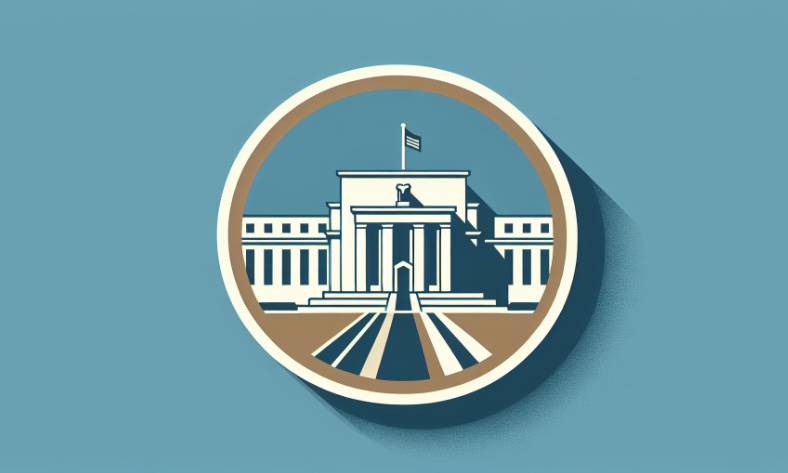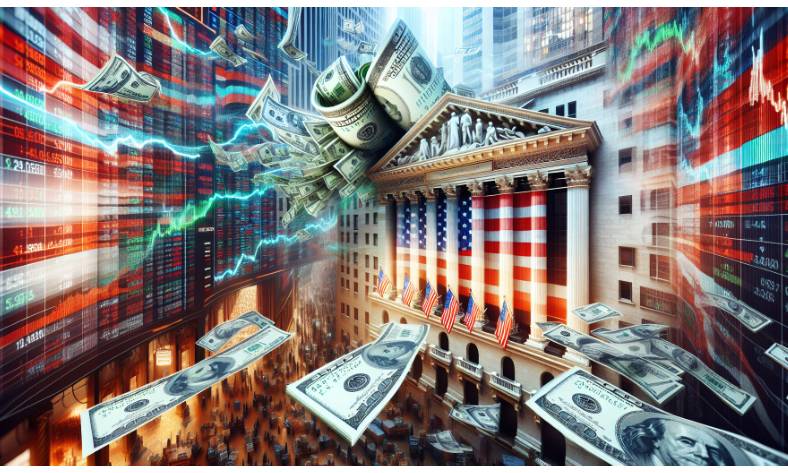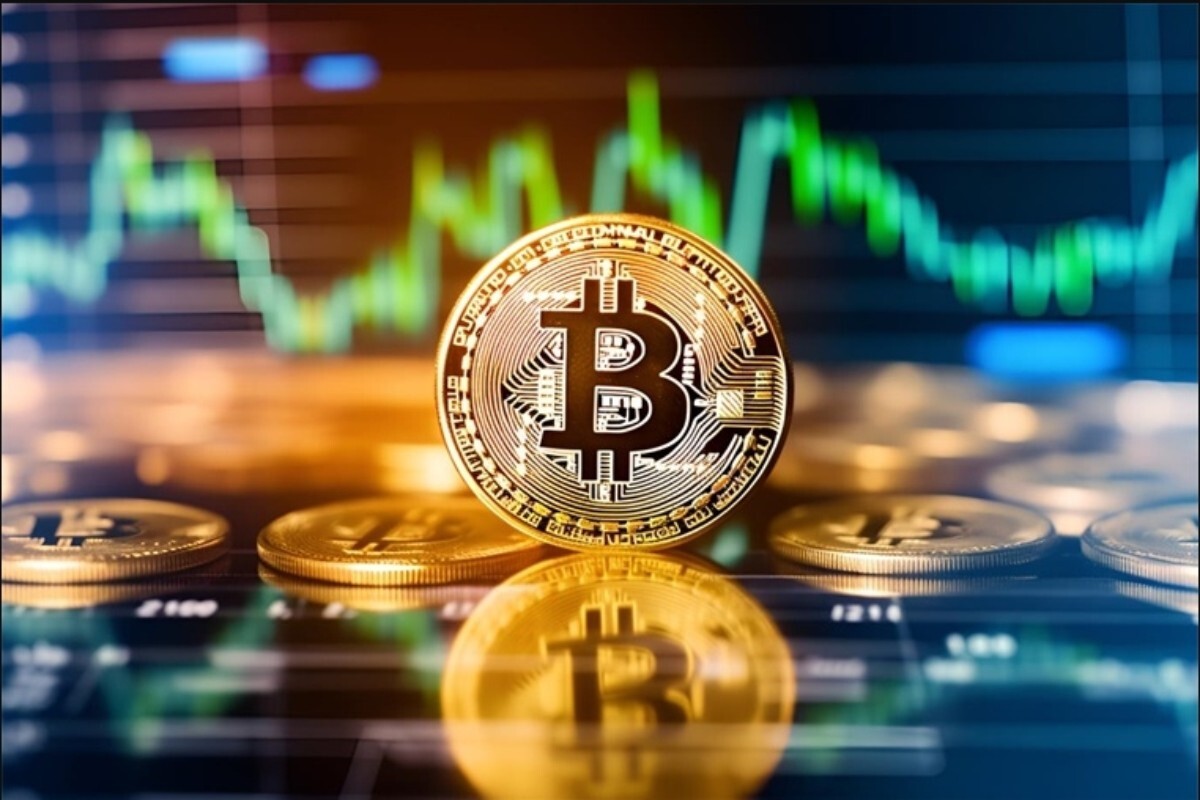Federal Reserve Chairman Powell is working on him after months of clever avoiding confrontation with U.S. President TrumpCounterattack。
During a question-and-answer session on Wednesday local time, Powell portrayed the chaotic tariffs as clearly unfavorable to the economy, blasted the government’s efficiency department’s approach and made a legal defense on why he thought he could withstand any attempt by Trump to fire him.
As concerns over Fed independence continue to heat up, Powell has shown that he will focus on the central bank’s core goal and will fight to maintain that goal, which is a good thing for all of us.
Let's start with Powell defending the independence of the Federal Reserve.
"Our independence is a legal issue," Powell said at the Chicago Economic Club, explicitly refuting a frequent attempt to go on social mediaPositive central bankand has begun to test the independence of other institutions.
His remarks came after Chief Justice John Roberts allowed Trump to continue firing senior officials from other agencies — a situation that some argued laying the groundwork for the more market-oriented debate about whether Trump can fire or demote Powell. He said he did not think this case would apply to the Fed and he would never bow to external forces.
"We will never be affected by any political pressure. People say whatever they want, which is good. It's not a problem. But we will act strictly as we want, without considering politics or any other external factors," Powell said.
In a conversation with former RBI governor Raghuram Rajan, Powell kept his calm and did not criticize Trump by name. But his outspokenness is obviously very different from the central bank president's approach, because the central bank president basically avoids commenting on the White House policy and turns a blind eye when he is publicly attacked by Trump.
As Powell made this remark, concerns about the independence of the Federal Reserve are beginning to spread subtly into market discussions.
In addition, Trump's trade policy could also put the Fed in an incompetent position—basically trying to control the risks facing its mission of stabilizing prices and labor markets at the same time.
Powell is not shy about the ever-changing tariff plans that could push U.S. import tariffs to their highest point in a century—it depends on which day of the week you decide to calculate those numbers. He said that if the future does not return to clarity, companies and investors may withdraw their investments.
He said: "If the United States becomes aHigh structural riskjurisdictions that will reduce our appeal as jurisdictions. We don't know yet, but I think that's the impact. ”
He also fears that cutting research funding could "impact economic growth, productivity, health and everything."
He is well aware of the constraints that tariffs have brought to the Fed. "The impact of (policy) is likely to deviate from our goals. As economic growth slows, unemployment is likely to rise, and inflation is likely to rise as tariffs are imposed and part of the tariffs are paid by the public. So, that's a great possibility."
He said the Fed's "obligation" is to maintain long-term price expectations. Economists tend to think that inflation expectations are a self-fulfilling prophecy.
Powell also relaxed his usual commitment to avoid commenting on fiscal policy, making an equivalent to the Ministry of EfficiencyBlatant criticismThe department, a symbol of the iconic cost-cutting measures of Trump donor Elon Musk, ended up being a tool for cultural wars and resolving partisan dissatisfaction rather than streamlining the budget.
As Powell rightly pointed out, Social Security, Medicare and Medicaid account for an overwhelming and growing share of the budget, and only by reforming benefits can any government make meaningful progress in spending.
"When people focus on cutting domestic spending, they aren't actually solving the problem. Domestic discretionary spending (% of federal spending) is already falling. I like to raise that because a lot of the conversations politicians provide are about domestic discretionary spending, and that's not the problem."
Finally, I thinkPowell's unscrupulousnessIt will prove to be an asset for the economy and markets during times of enormous decision-making turbulence.
Powell's speech appeared to deepen the S&P 500's decline on Wednesday, and some traders were somewhat unintelligible to watch his cautious attitude towards cutting interest rates in response to tightening financial conditions.
In the medium term, investors need to know that the U.S. central bank is still committed to achieving the goal of maximizing employment and stabilizing prices, even if it needs to fight for its ability to do its work. So far, market volatility does not fall into these two situations.
The above content comes from Jonathan Levin, a columnist focusing on the U.S. market and economy. Previously, he served as a Bloomberg reporter in the United States, Brazil and Mexico. He is a Chartered Financial Analyst.
















No comments yet